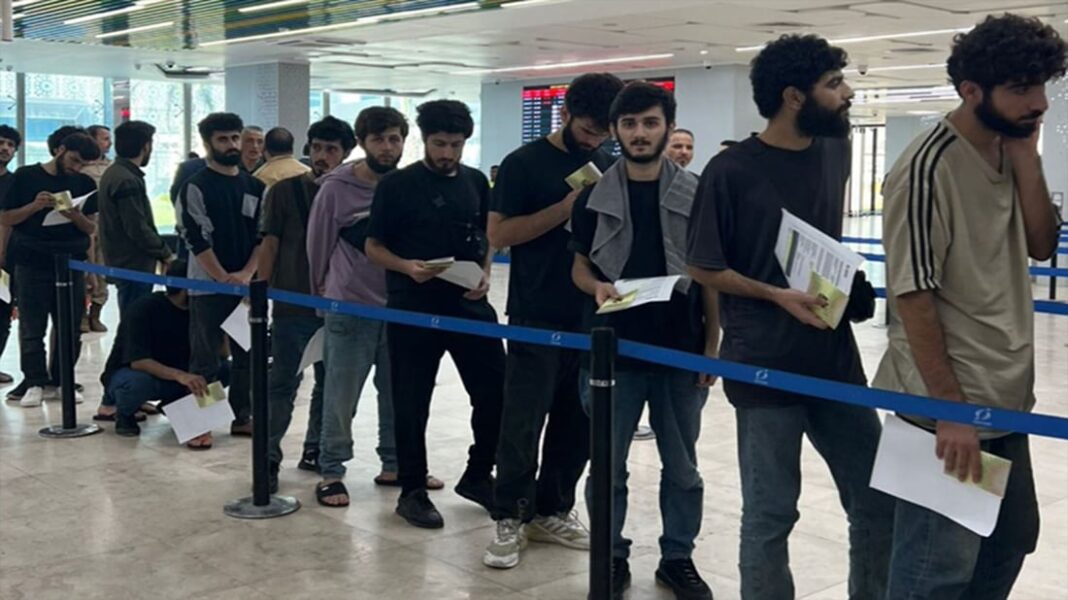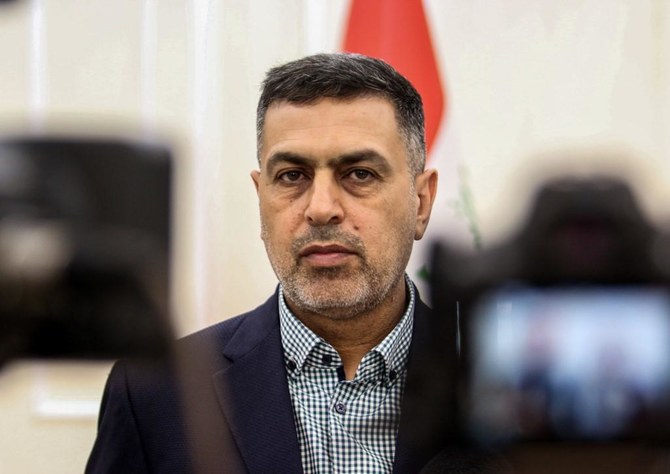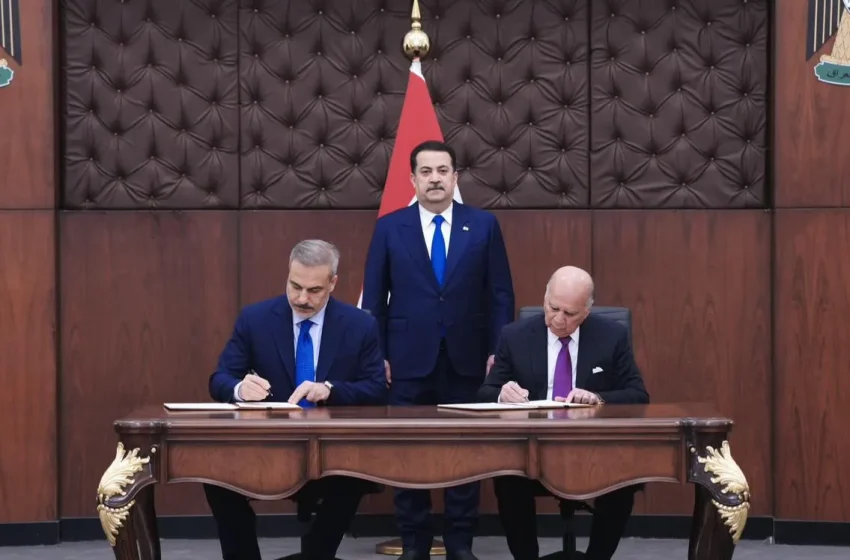Early Sunday morning, 40 Kurdistan Region returnees arrived back home after more than two months in detention in Libya. Most of the group are residents of the Raparin administration in Sulaymaniyah. They had attempted to use Libya as a route for migration to Europe by sea.
The return was carefully coordinated with Iraq’s embassy in Tripoli. The group landed at Erbil International Airport at 4:00 a.m. Upon arrival, many showed signs of extreme exhaustion. Several described the conditions in detention as extremely difficult. One returnee told 964media, “It was truly a disaster. We had very little food and water, and when we got sick, no one helped or took us to a doctor.”
Authorities immediately transported the group back to the Raparin area on the same day. Most returnees come from Qaladze, Hajiawa, and Zharawa. Families welcomed them with relief but also expressed concern for their loved ones. Abubakr Hussein, father of a detainee, said his son left for Libya in July, but Libyan forces captured him at sea and imprisoned him. He described detention as harsh, with insufficient food and almost no medical care.
This repatriation follows a previous return of 25 Kurdistan Region returnees from Libya on September 10. In total, 41 individuals from the Kurdistan Region were detained in Libya. Tragically, one detainee, Hogir Aso Khidr, died of a stroke on October 16 while in custody.
Earlier this month, Tunisian authorities released another 16 Kurdish youth from the Kurdistan Region after detaining them for two months while they attempted to reach Europe. These events highlight the increasing dangers for asylum seekers navigating the Mediterranean migration routes.
Libya and Tunisia have long served as key transit points for refugees heading to Europe. However, crackdowns on migration have caused widespread detentions, reducing departures. Iraqi and Kurdish asylum seekers often attempt the Eastern Mediterranean route through Turkey to Greece, Cyprus, and Bulgaria. Traffickers have increasingly used new paths from Turkey and Lebanon to Italy, as well as Western and Central Mediterranean routes through Algeria, Egypt, Libya, and Tunisia toward Italy and Malta.
In 2023, the European Union recorded the highest number of asylum applications since the 2015-16 refugee crisis, with over 1.14 million people seeking protection. The European Union Agency for Asylum reported that 26,131 of these applicants were Iraqis, most likely of Kurdish origin.
The safe return of these Kurdistan Region returnees emphasizes the ongoing risks associated with irregular migration and the importance of coordinated international efforts to repatriate citizens safely. Families and local authorities continue to support those returning as they reintegrate into their communities.



